The Exploitation of Africa: A Historical Analysis
From Colonial Plunder to Neocolonial Exploitation: The Unyielding Struggle for Africa's Wealth
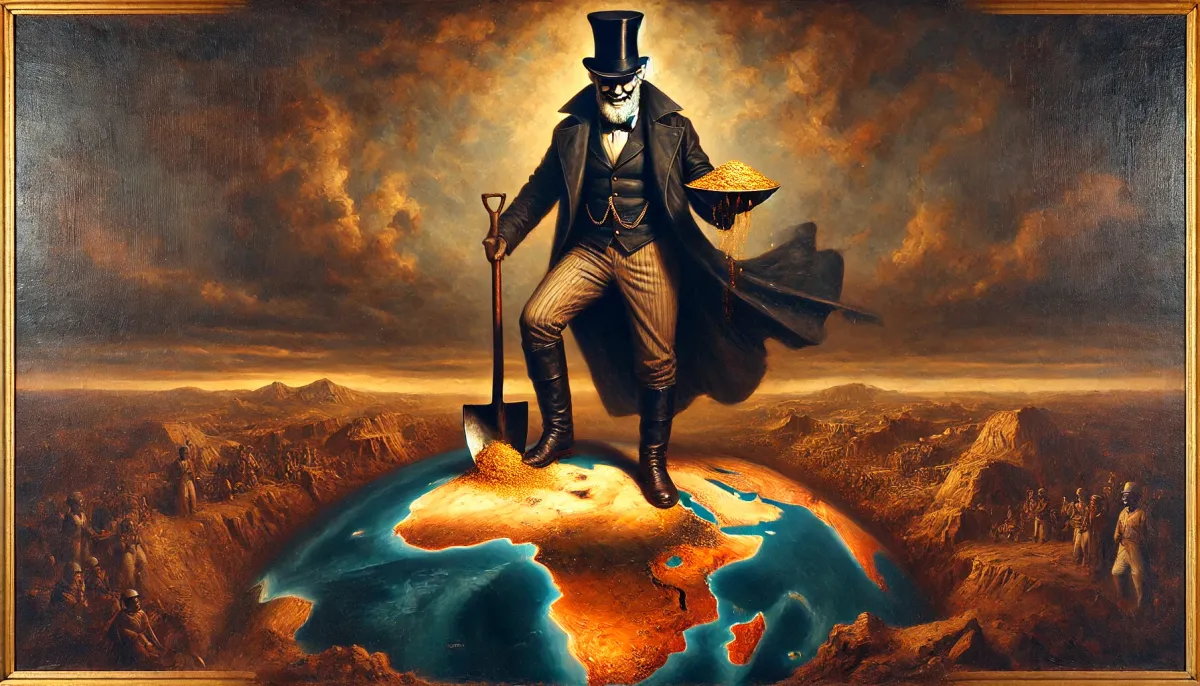
Africa, a continent endowed with vast natural resources, has long been a target for exploitation by foreign powers. From gold and diamonds to oil and other precious minerals, the wealth of Africa has been systematically extracted and utilized to fuel the growth of Western economies, often at the expense of the continent's own development. This essay delves into the historical and contemporary exploitation of Africa, examining the mechanisms through which its resources and people have been exploited, and the lasting impact on the continent and its inhabitants.
Historical Context of Exploitation
The exploitation of Africa began long before the arrival of European colonial powers. Early trade networks, such as the trans-Saharan trade routes, saw African gold, salt, and other resources exchanged for goods from the Mediterranean and the Middle East. However, it was the advent of the Atlantic slave trade in the 15th century that marked a significant escalation in the exploitation of African people and resources.
The Portuguese were among the first to exploit Africa's wealth systematically, initially focusing on gold before turning their attention to the lucrative slave trade. This shift was driven by European demand for labor in the Americas, where African slaves were forcibly transported to work on plantations. The extraction of human resources through the slave trade decimated African societies, stripping them of their human capital and disrupting social and economic systems.
Unlock Hidden Knowledge with Voice of the Ancestors – Now Only $7.97! 📚
Our official newsletter ebook, Voice of the Ancestors Volume I, is a transformative deep dive into Global Black history. Spanning over 221 pages and backed by over 100 meticulously cited sources, this book is more than just history—it’s a rallying cry for the Black community to reclaim their roots, reconnect with their rich heritage, and empower future generations.
Authored by our founder Chase McGhee, this eye-opening exploration takes you through the origins of African civilization, the exploitation of Africa, and the lasting impact of white supremacy. Normally priced at $29.99, you can grab it today for just $7.97 and get instant access to this powerful knowledge.
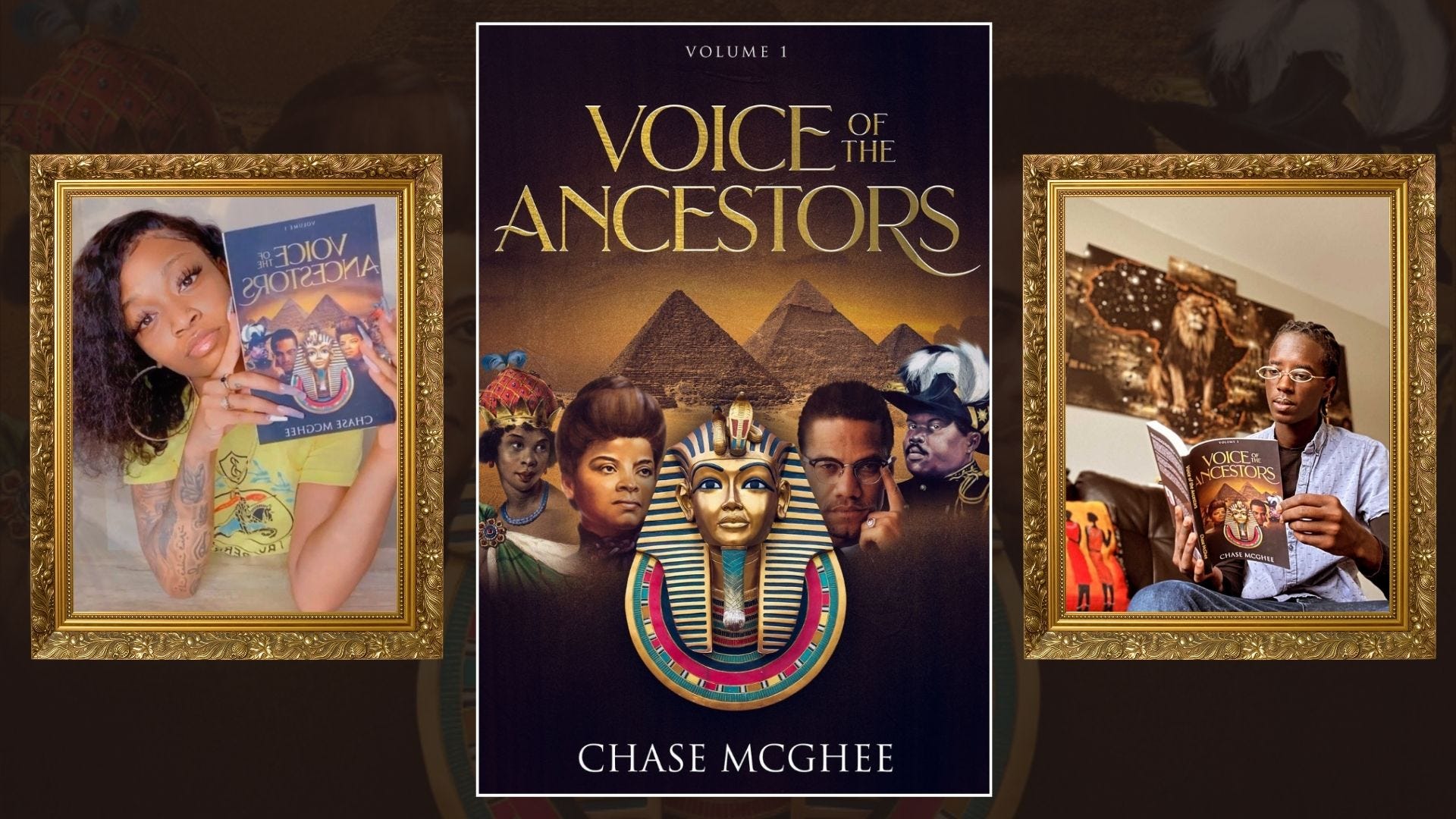
Don’t miss out on uncovering the truth behind suppressed stories of Black excellence and resilience. Click the link below and start your journey now! 👇🏾
Colonial Exploitation and the Scramble for Africa
The 19th century saw the height of European colonization in Africa, with the Berlin Conference of 1884-1885 formalizing the partition of the continent among European powers. This period, known as the "Scramble for Africa," was marked by the aggressive extraction of resources to fuel the industrial revolutions of Europe. Colonial administrations were set up primarily to facilitate the extraction of valuable commodities such as rubber, gold, and diamonds, with little regard for the development or welfare of the local populations.
The exploitation during this era was brutal and dehumanizing. In the Congo Free State, for example, King Leopold II of Belgium established a regime of forced labor to extract rubber, leading to the deaths of millions of Congolese people. Similarly, in South Africa, British and Dutch settlers established a system of racial segregation and exploitation to control the region's rich diamond and gold mines.
Post-Colonial Exploitation: Neocolonialism and Resource Wars
While many African nations gained independence in the mid-20th century, the exploitation of their resources did not cease. Instead, it evolved into a more subtle form known as neocolonialism. Western powers and multinational corporations continued to control Africa's resources through unfair trade agreements, debt dependency, and the support of corrupt regimes that facilitated the extraction of wealth at the expense of their people.
One of the most significant examples of post-colonial exploitation is the control of oil resources in countries like Nigeria and Angola. Despite being rich in oil, these nations have experienced little development or improvement in the living standards of their populations. Instead, the wealth generated from oil has often been siphoned off by corrupt elites and foreign corporations, leading to environmental degradation, social unrest, and violent conflicts.
The diamond industry also remains a potent symbol of ongoing exploitation. The term "blood diamonds" refers to the sale of diamonds mined in war zones, the profits of which fund armed conflicts. Countries such as Sierra Leone and the Democratic Republic of Congo have been ravaged by civil wars fueled by competition over diamond-rich territories, with devastating consequences for their populations.
The Impact on Africa and its People
The exploitation of Africa's resources has had profound and lasting impacts on the continent. Economically, it has resulted in the underdevelopment of African economies, which remain heavily dependent on the export of raw materials with little value added. This dependency on commodity exports makes African economies vulnerable to fluctuations in global markets and leaves them with little control over their economic destinies.
Socially, the legacy of exploitation has manifested in deep-seated inequalities and widespread poverty. The wealth generated from Africa's resources has rarely benefited its people, who continue to face poor living conditions, lack of access to education and healthcare, and limited economic opportunities. The exploitation has also fueled ethnic and political tensions, as different groups vie for control over resources, leading to internal conflicts and instability.
Environmentally, the exploitation has led to severe degradation of Africa's natural landscapes. Oil spills, deforestation, and the destruction of ecosystems are common in regions where resources are extracted with little regard for environmental sustainability or the livelihoods of local communities.
Conclusion
The exploitation of Africa is a complex and multifaceted issue that spans centuries. From the transatlantic slave trade to colonialism and modern-day neocolonialism, Africa's wealth has been systematically extracted to benefit foreign powers, often leaving the continent impoverished and underdeveloped. Addressing this historical injustice requires a fundamental rethinking of how Africa's resources are managed and utilized, with a focus on ensuring that they benefit the continent's people rather than foreign interests. Only then can Africa begin to reclaim its wealth and build a future of prosperity and self-determination.
Text within this block will maintain its original spacing when published Voice of the Ancestors Volume I Reviews





Text within this block will maintain its original spacing when published Get your eBook NOW and see what all the Hype is about ! ✊🏿🙌🏿
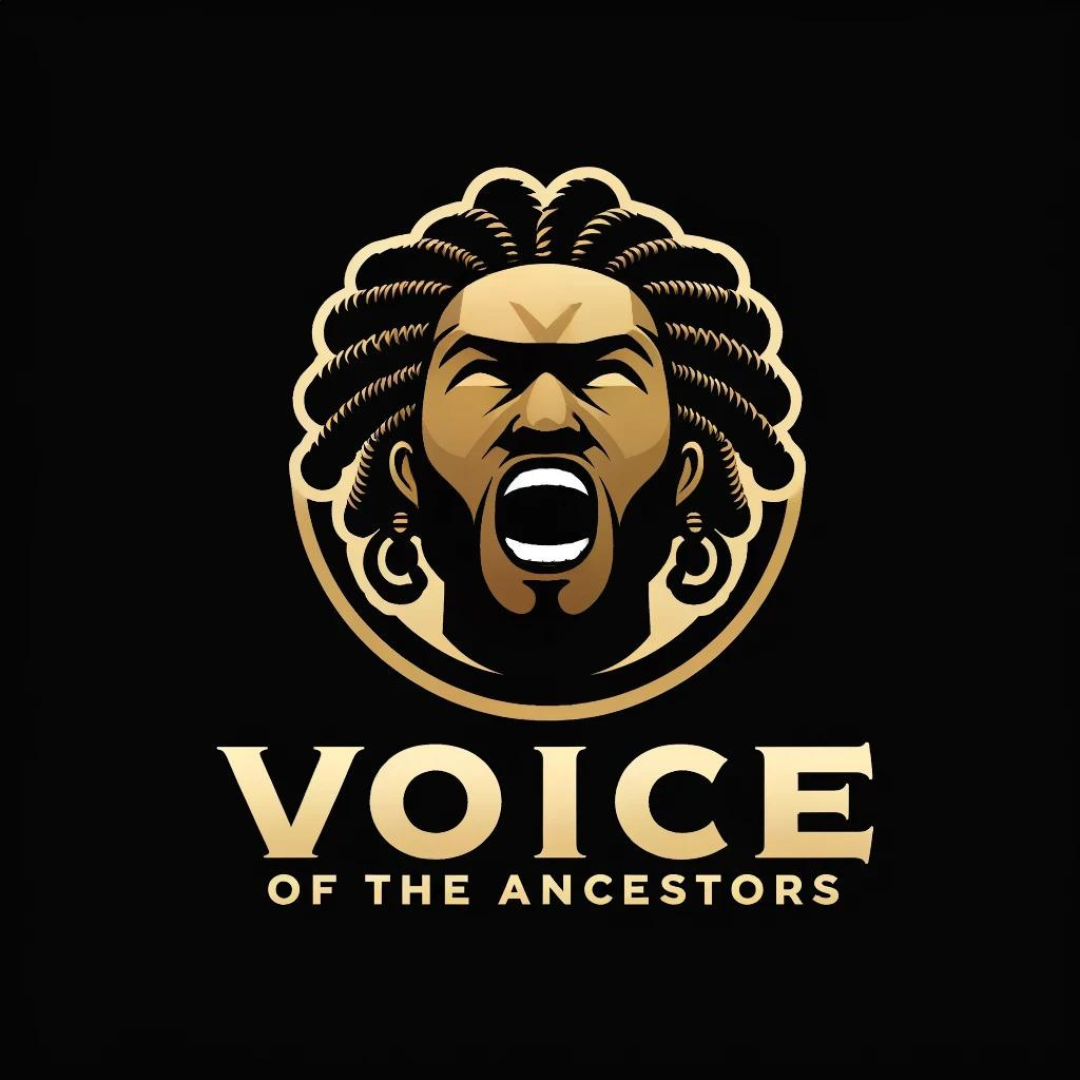
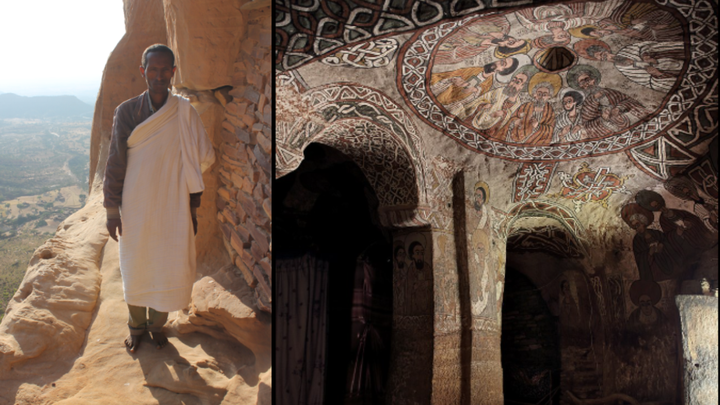
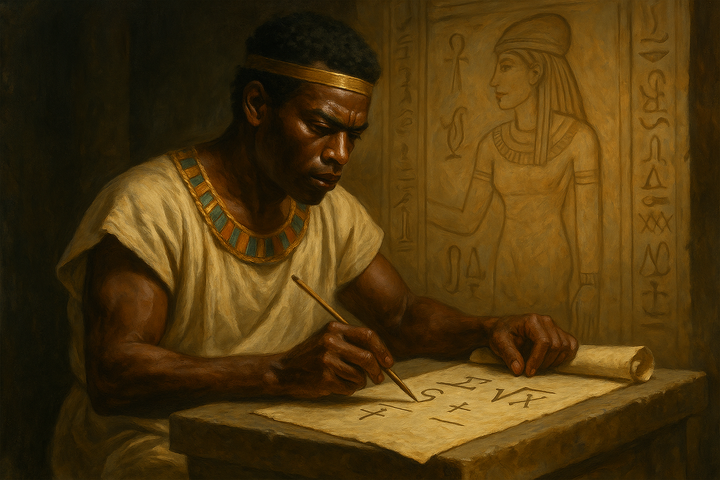
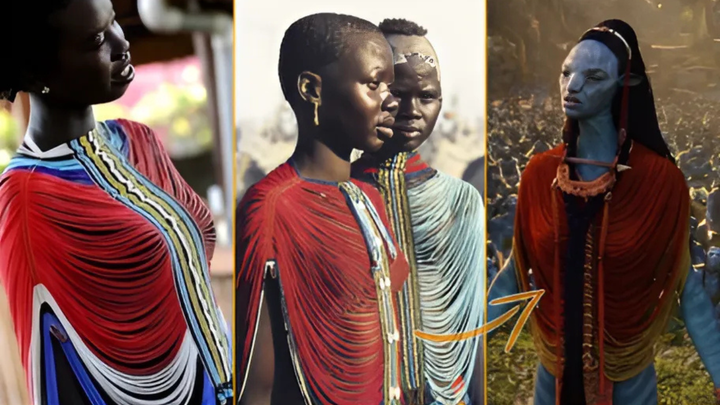
Comments ()